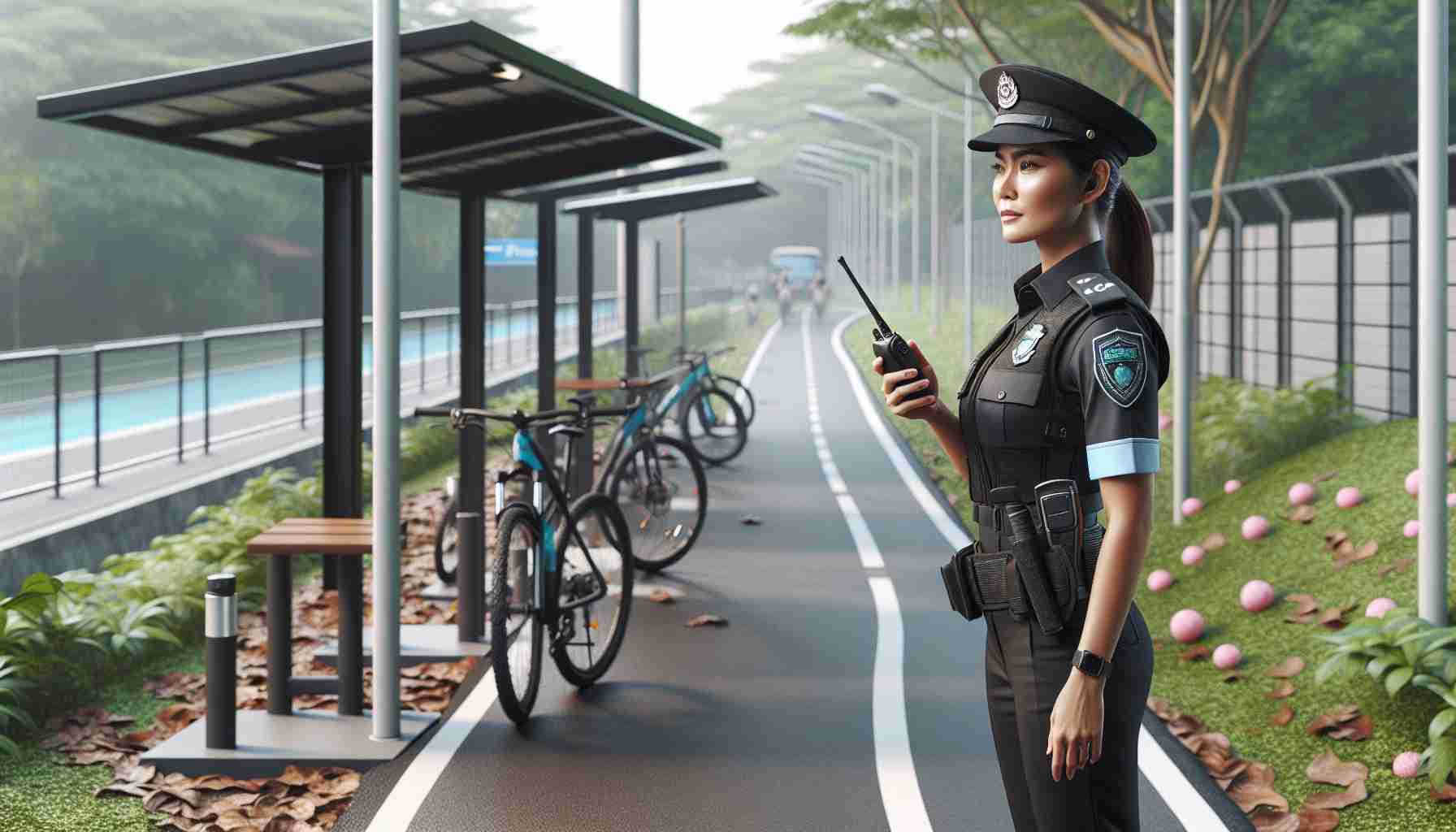As electric bikes and scooters gain popularity as eco-friendly means of transportation, city officials in Lincoln, Nebraska are grappling with how to ensure the safety of bike trails. The Lincoln City Council is set to vote on new safety regulations on June 3rd, aiming to address the concerns raised by community members.
One rider, Bob Dzerk, who has been using an e-bike for his daily commute for the past four years, acknowledges the need for caution on the trails. He observes that some individuals are not as careful as they should be, assuming that nothing bad will happen. This disregard for safety is a cause for concern among both riders and pedestrians.
Glenn Dallmann, another biker, recounts a close call he witnessed involving a family on the trails. He describes how an older gentleman riding an electric bike neglected to slow down or stop as he approached the family, putting them at risk of a potential accident. Such incidents highlight the need for responsible riding practices and increased awareness of others sharing the trails.
While electric bikes, skateboards, and scooters contribute to the convenience and mobility of elderly individuals, concerns arise when these modes of transport are used in crowded areas. David Bristow, a biker who frequents downtown and the University of Nebraska-Lincoln campus, expresses worry about motorized scooters and skateboards weaving through pedestrian traffic. He believes that accidents are waiting to happen without proper regulations in place.
Currently, the speed limit on city trails is 25 miles per hour. However, city officials are considering additional measures to enhance safety. One proposal being discussed is the banning of certain electric transportation devices, such as mopeds and gas-powered bikes, on the trails. However, e-bikes are not included in the potential ban.
While some riders, like Dzerk, hope that e-bikes won’t be targeted for more regulations, Dallmann suggests that educating individuals about proper trail etiquette may be a more effective solution. This could involve signage highlighting sharing the trail, slowing down when passing others, and announcing one’s presence.
Finding the right balance between convenience and safety on bike trails is crucial. By implementing sensible regulations and promoting awareness among riders, pedestrians, and city officials, Lincoln can create a more harmonious environment where all can safely enjoy the benefits of electric transportation.
The electric bike and scooter industry has been experiencing significant growth as more people look for eco-friendly alternatives for transportation. According to market forecasts, the global electric bike market is expected to reach a value of $38.6 billion by 2025, growing at a compound annual growth rate (CAGR) of 7.9% during the forecast period. Similarly, the global electric scooter market is projected to reach $42.2 billion by 2030, with a CAGR of 8.5% from 2020 to 2030. (source: Grand View Research)
With the increasing popularity of these electric transportation devices, cities are facing challenges in ensuring the safety of bike trails. In the case of Lincoln, Nebraska, city officials are proposing new safety regulations to address concerns raised by community members.
One of the main issues is the lack of caution exhibited by some riders on the trails. Many individuals assume that nothing bad will happen and fail to adhere to safety guidelines. This disregard for safety poses a risk to both riders and pedestrians, as highlighted by close calls and potential accidents witnessed by members of the community.
Another concern is the use of electric bikes, skateboards, and scooters in crowded areas. Without proper regulations in place, these modes of transport can pose a risk to pedestrian traffic. Accidents waiting to happen are a worrying prospect, according to David Bristow, a biker who frequents downtown and the University of Nebraska-Lincoln campus.
To address these issues, city officials are discussing potential measures to enhance trail safety. One proposal being considered is the banning of certain electric transportation devices, such as mopeds and gas-powered bikes, on the trails. However, e-bikes are not included in the potential ban. (source)
While some riders hope that e-bikes won’t face additional regulations, others believe that education and awareness may be more effective in promoting responsible riding practices. Implementing signage that emphasizes the importance of sharing the trails, slowing down when passing others, and announcing one’s presence could help create a safer environment for all trail users.
The Lincoln City Council is set to vote on the new safety regulations on June 3rd. By finding the right balance between convenience and safety, Lincoln aims to create a more harmonious environment where all can safely enjoy the benefits of electric transportation.







